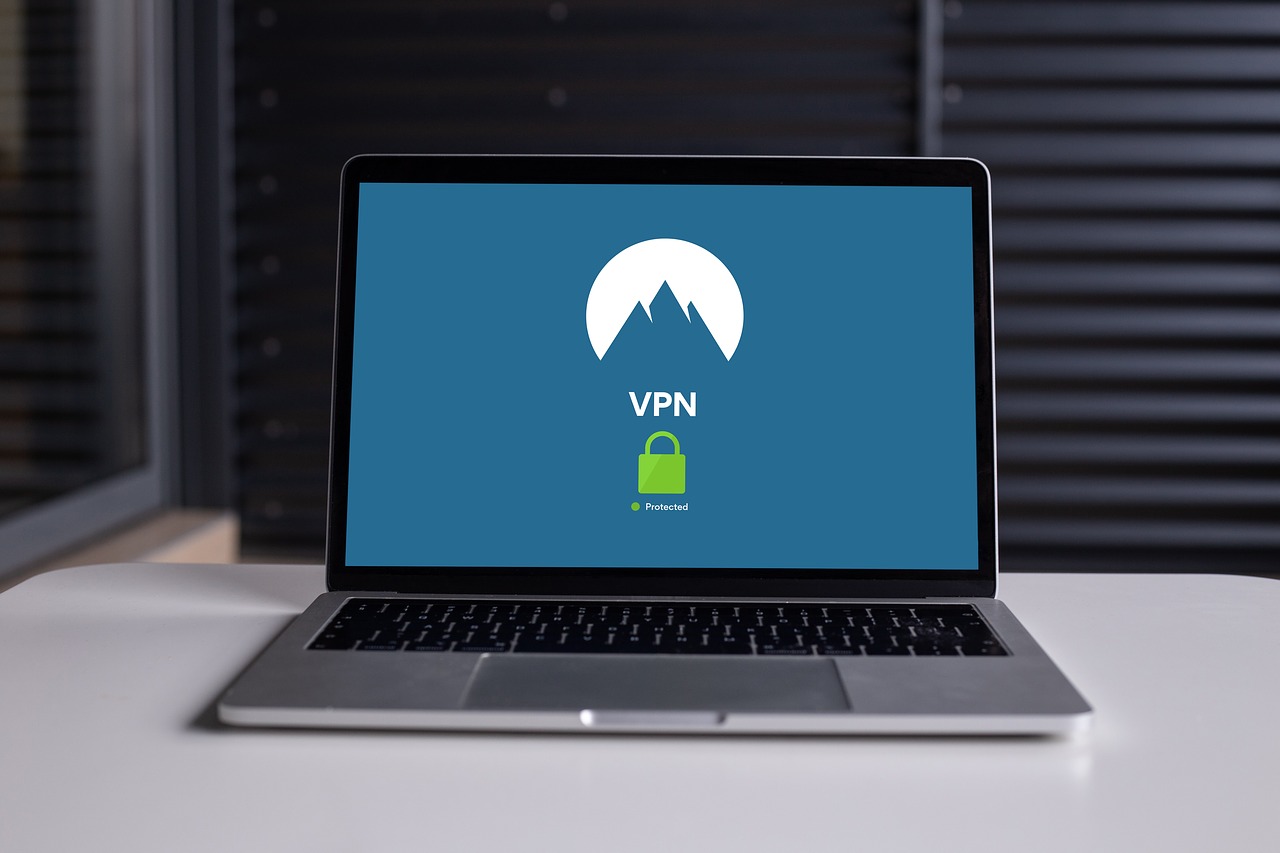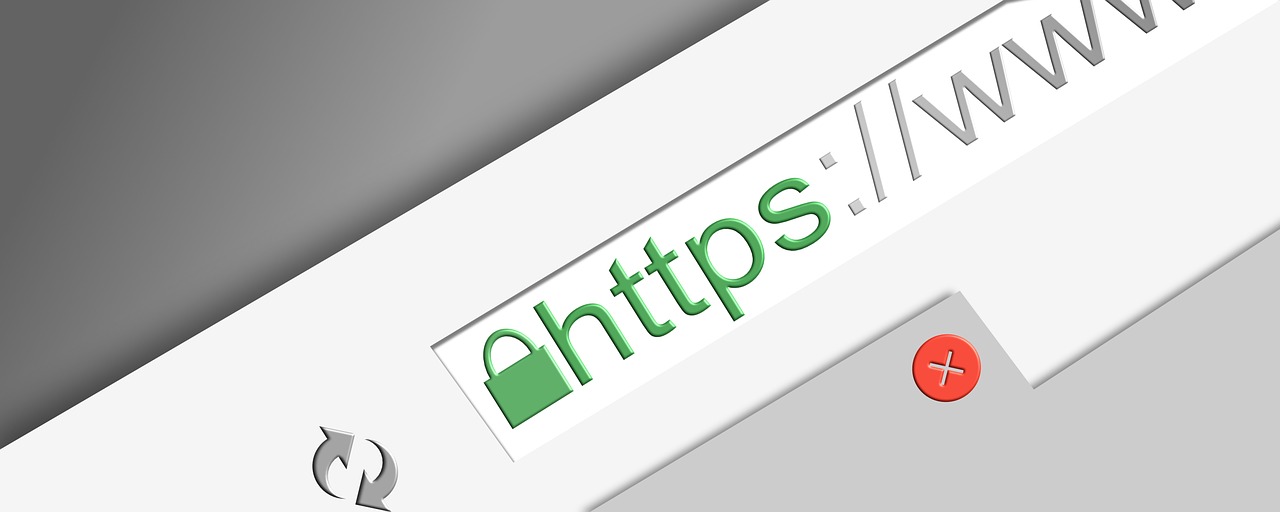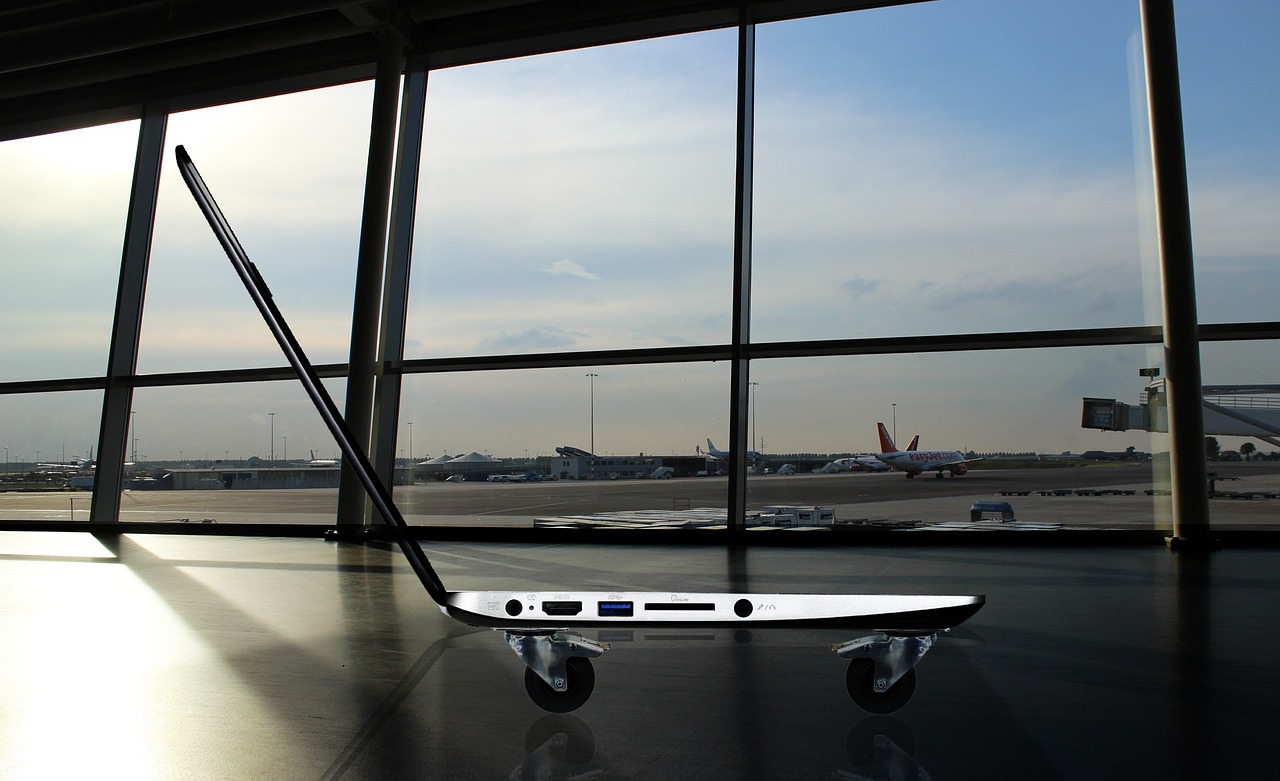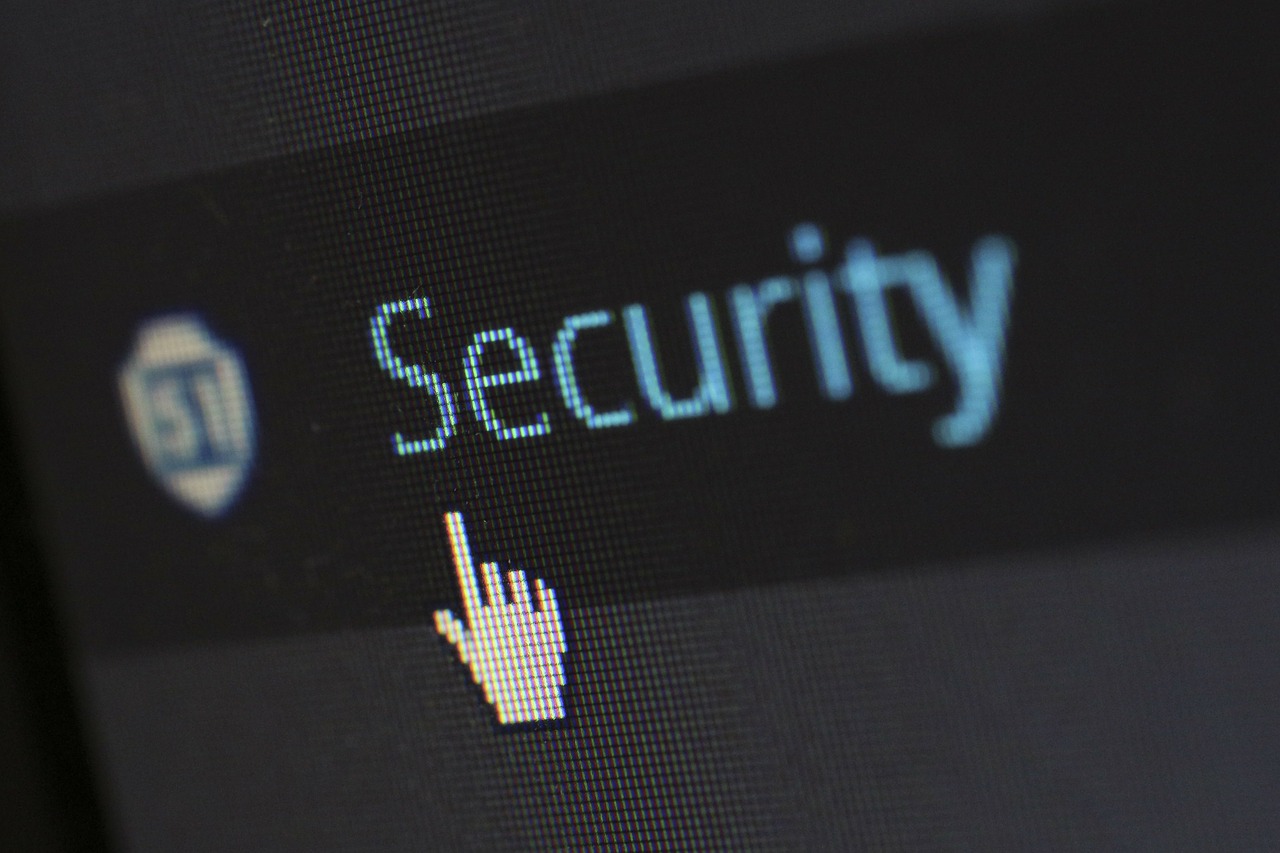One distinct advantage of being a freelance writer, blogger or web developer is being able to bring your work along with you, on trips or just nearby for a change of scenery. And with free and public WiFi available in many places, you don’t have to pay for internet connection.
Public internet has had some improvement, in terms of speed and availability. And you don’t have to spend for it. Great, right? Well, actually…not really. Unless you’ve been a hermit in the Himalayas, you’ll know the dangers of using the public WiFi’s that are in airports, coffeeshops, hotels, public libraries, and city WiFis.
The internet connection in these places is a hacker’s paradise. They can steal your personal and business data, introduce infected software to your devices, and generally just maim and cripple you and your business.
But these risks shouldn’t put you off using public wifi. There are ways to minimize your vulnerability and protect yourself from malicious attacks that steal your data and damage your computers.
6 Easy steps to take when working on public wifi:
Use a VPN

A public WiFi is an unsecured connection and using a VPN is your best bet for a secure internet connection. Virtual Private Networks are tools that protect your data and online activities from hackers by re-routing your traffic through an encrypted server. Even if they do manage to get hold of your information, the decryption process is a lengthy one and hackers would rather go for easy prey.
VPNs mask your IP address, effectively putting your location in a different place instead of your actual setting. As an added benefit, they allow you access to websites that are geo-restricted if you’re in a country like China or Russia.
Read: How to Stay Productive During the Holidays
There are free VPNs you can use but don’t expect premium service from them and privacy may not be a hundred percent. If security and safety are of utmost importance to you, as they should be, it’s worth the cost of using a paid VPN. You can try the Surfshark trial first and explore the benefits of using it on public WiFi.
Aside from the privacy and access to restricted sites, take note of the internet speed. You’ll find that using a good quality VPN in public places gives you a stable connection so you can stream video without throttle issues.
Don’t do financial transactions over public WiFi
It’s surprising how a lot of people ignore common sense and do online banking or other financial transactions using a public and unsecured connection. If you’re a freelance writer or developer and on the road, you may use the time to manage your money matters and forget the dangers that a public WiFi pose.
Remember that you’re exposing your bank account numbers and credit card info to cyber-criminals who will harvest the data for unscrupulous purposes. So refrain from doing online financial transactions over free public wifi and wait till you’re in a secure place.

Choose only HTTPS sites
Without a VPN and on public Wi-Fi, stay away from sites that are not secure. They are the sites that are not safe and can steal your information or infect your device with malware. In Chrome, you will see a “circled i” beside the URL and the website has an “http” without the “s” to indicate a non-secure site.
Secure sites have an SSL certificate indicated by an “https” at the start of their URL and a padlock icon. This means that they are encrypted, and information entered into the site are protected. This is especially critical if you are making a transaction and entering your credit card info or bank account details.
There are ways to force a search engine to always use “https” when you’re browsing the internet so that you won’t have to worry about the security of your identity and information.
Enable 2-Factor Authentication
By enabling 2-Factor Authentication (2FA) on your sites, such as on social media and other sensitive accounts, you can keep them safe and secure the easy way. 2FA is an extra layer of security so that if your password has been compromised because you used a public WiFi to get connected, hackers are prevented from having access to your Gmail, Facebook or bank account.
A common example of 2-factor authentication is a confirmation code sent to your mobile device which you must input to gain access to an account you own. Without your mobile phone, a hacker can’t get your data. The added seconds it takes you to log in is worth the security you get with the 2FA.
Check for rogue networks
When you’re in a place that has free public WiFi, beware of rogue networks set up by hackers that spoof the name of a business network, like Starbucks. You may see an open network with a similar name and connect to it, thus leaving you open to hackers waiting to intercept your information. Check with the store’s employee to get the correct network.
Another thing to remember is to disable the “Ask to Join Networks” option on your mobile so that you don’t automatically connect to fraudulent networks.
Also, check “Forget network” when you’re done using the public WiFi.
Turn on your Firewall
A firewall that’s turned on protects your device from unauthorized access from hackers and data-based malware attacks. If you’re connected via public WiFi, your firewall will check data packets and block malicious ones coming from other networks. While the protection a firewall gives is not totally guaranteed, it’s still worth the extra layer of security it gives.
You can check your firewall status in Windows Control Panel > System and Security. For Mac users, it’s found in “System Preferences,” then go to “Security & Privacy,” the to the “Firewall” tab.
Conclusion
The freedom to work anywhere and anytime is a huge advantage for freelance writers, bloggers and web designers and connecting to public WiFi helps you cut down on the cost of paid internet connections. But you should never disregard these simple and affordable safety precautions to protect yourself from data theft.



Leave a Reply